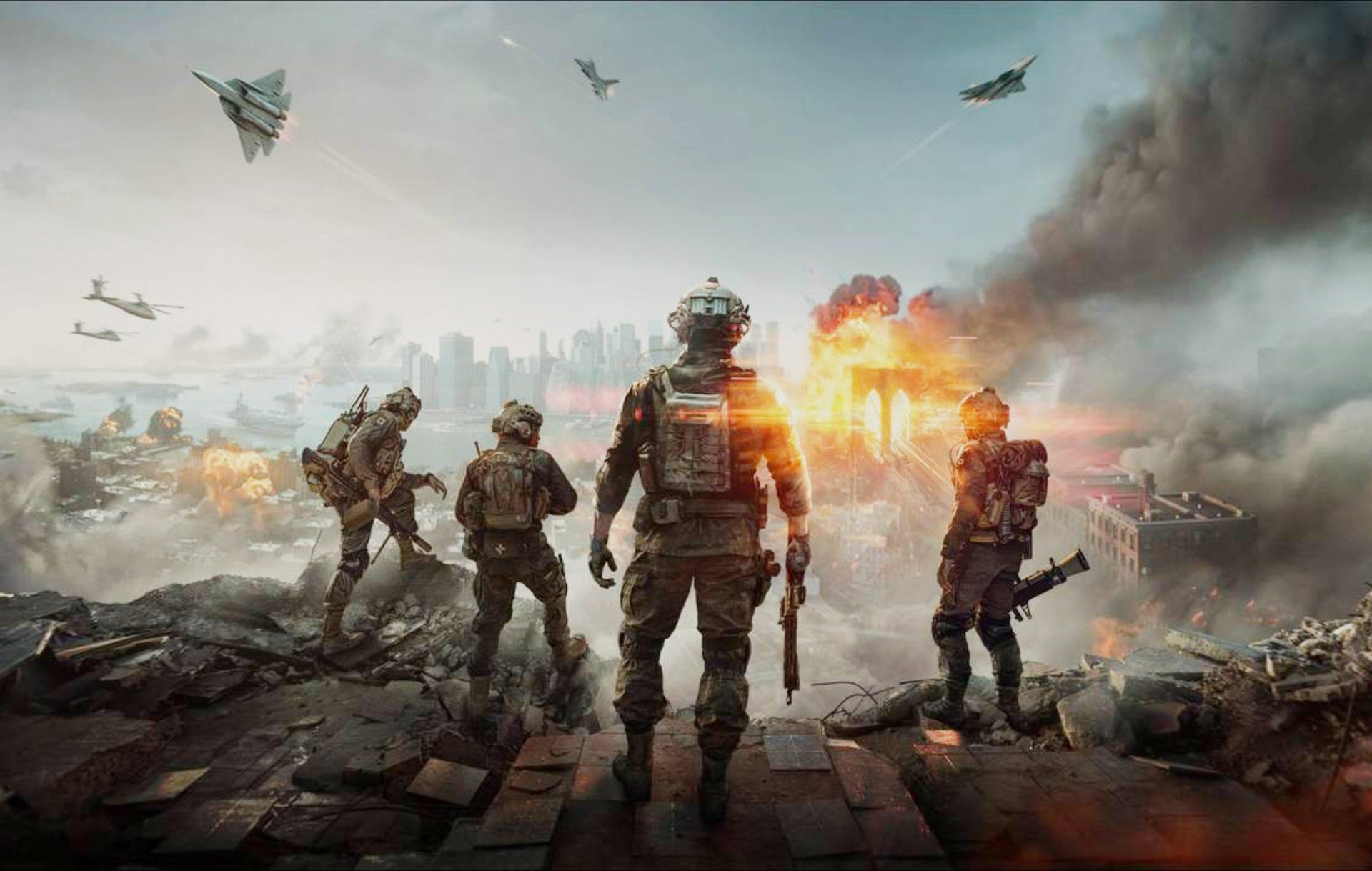When powerful mobile devices first became widespread, game developers and publishers enthusiastically explored integrating their existing franchises into mobile apps. While many early attempts were criticized as low-quality imitations or microtransaction-heavy cash grabs, a significant number of applications emerged towards the end of the Xbox 360/PS3 era that genuinely enhanced the core gaming experience. These companion apps demonstrated how mobile devices could intuitively supplement traditional gameplay, moving beyond mere monetization and truly enriching the user`s interaction with their favorite games.
However, this promising trend of genuinely useful companion apps gradually faded into obscurity.
Similar to the decline of features like Kinect or DualShock 4 touchpad support, mobile companion apps became increasingly rare. The author`s recent experience with the now-defunct Battlefield Companion app served as a stark reminder of this loss. That app was invaluable for checking statistics and customizing loadouts for games like Battlefield 4 and Battlefield 1, streamlining preparation and maximizing actual playtime. Its absence in Battlefield 6 is keenly felt, as players are now forced to interrupt matchmaking or waste precious initial game moments on loadout adjustments within the game itself.
Battlefield 4, despite its initial technical issues at launch, notably offered a tablet-exclusive commander mode. This innovative feature allowed mobile users a strategic, top-down view of the battlefield, enabling them to direct console and PC players. While not strictly essential for the core experience, it was an undeniably positive enhancement that has since been removed, primarily due to considerations of cost and resource allocation rather than any inherent flaw in its design.
Call of Duty also featured a similar companion app that augmented the main game. While popular standalone mobile titles like Call of Duty: Mobile and the now-discontinued Warzone Mobile exist, they largely replicate the main game experience. True companion apps, however, aim to improve rather than replace the primary game. They offer convenient utilities, such as allowing players to fine-tune weapon loadouts on the go, turning idle thoughts about game strategy into immediate, practical adjustments, rather than relying on external note-taking apps.
Companion apps weren`t exclusive to competitive shooters; action-adventure games and RPGs also embraced them during this period. Assassin’s Creed IV: Black Flag provided an interactive map and, notably, allowed players to listen to unlocked sea shanties anytime, anywhere. Mass Effect 3: Datapad offered comprehensive access to the game`s codex for lore exploration and included a `Galaxy At War` feature to prepare one`s squad for the endgame – a cherished memory for many players during commutes, but now unavailable to newcomers.
The sports genre exemplifies the missed potential most acutely. While Madden briefly utilized Xbox`s SmartGlass for limited companion features, local competitive play still relies on the `honor system` for play-calling. It`s perplexing why a phone-based play-calling system hasn`t become a standard Madden feature. Such an option wouldn`t be a gimmick; it would offer an objectively fairer and more realistic experience by providing players full access to their playbook without revealing their choices to opponents on a shared screen.
This would allow players to access their entire playbook privately, eliminating the need to select from a limited on-screen choice and hoping opponents can`t guess their strategy based on visible selections.
Ironically, the widespread availability of smartphones, combined with the rise of cloud gaming services, might be a factor in the decline of companion apps. With full games now playable entirely on phones, the perceived value of an app merely for checking stats or swapping loadouts may have diminished. While there are numerous valid reasons to prefer dedicated companion features, these don`t always seem to be prioritized by decision-makers. Even cloud services like Xbox Cloud Gaming, which allow play on various devices, still operate alongside devices perfectly capable of hosting companion features, suggesting a broader integration could still be highly beneficial.
It`s important to acknowledge that not all companion apps have been successful, and this isn`t a blanket recommendation for forced, shoehorned integration. Nintendo`s decision to relegate voice chat for the Switch to a separate Nintendo Switch Online app is a prime example of poor implementation, leading to a clunky user experience and very low adoption rates. While this approach might inadvertently shield younger players from inappropriate language, it similarly limits effective communication for all users, regardless of age.
There`s a strong possibility that companion apps will eventually see a resurgence, provided the gaming industry shifts its focus from whatever its latest C-suite-directed obsession happens to be. Regardless of whether companion apps can be considered “cool again” in an age increasingly dominated by concepts like `useless AI` or `metaverse integration,` they intrinsically deserve renewed attention. We shouldn`t be robbed of the simple joy of playing a sea shanty at full volume in a coffee shop to proudly display our Assassin`s Creed prowess, or of precisely switching an under-barrel foregrip attachment for a slightly different one at 2 AM after waking up. These small, enhancing interactions are fundamental to what makes gaming so engaging and personal.

